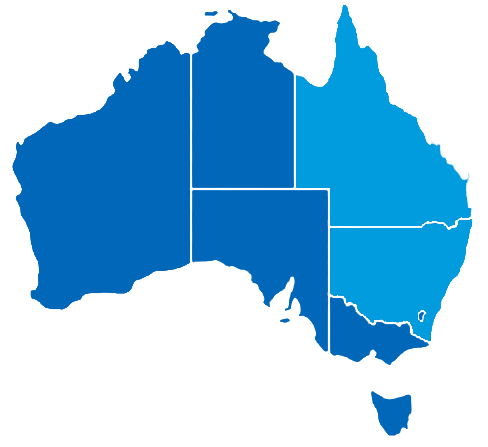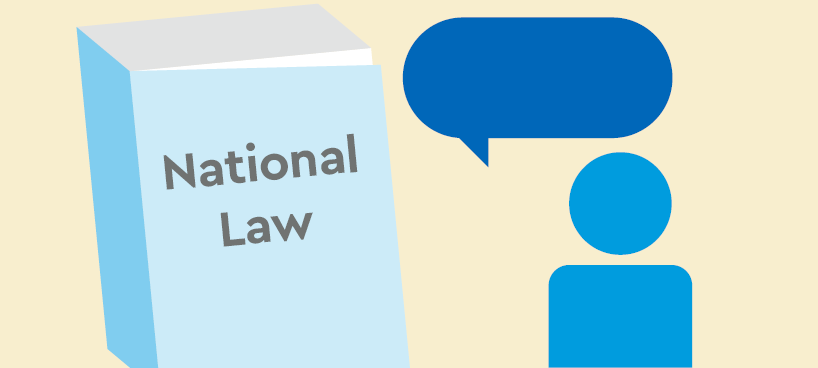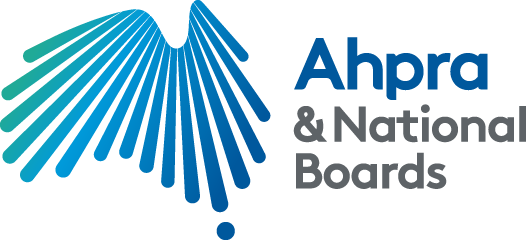Things to consider before raising a concern
Talking to the practitioner or health service
If you have questions about your healthcare, it is okay to ask questions and seek explanations. You can do this while you are receiving care, or after you’ve stopped. Sometimes talking to the practitioner or health service to understand what happened can resolve your concerns.
A practitioner is the person who treated you such as a doctor, nurse or dentist. A health service is the hospital or clinic where you had your appointment.
If you don’t get the answers you are seeking or things go wrong then you can make a complaint directly to the practitioner or health service.
This is often the quickest and easiest way to have your concern resolved.
However, we know that there are situations when you can't talk to the practitioner or health service, or don't feel comfortable. For example, if your concern is about unprofessional behaviour (see examples below) you may wish to speak to us first. If your concern is a crime such as sexual assault, it should also be reported to the police.
If you are not happy with your healthcare experience, watch this video for tips to help you to make a complaint directly with your practitioner or health service. It includes five tips and advice on what to include in a letter, email or phone call about your complaint.
(3min 39s)
What state or territory does the practitioner or student work in?
Australian Capital Territory, Northern Territory, South Australia, Tasmania, Victoria or Western Australia
For concerns about registered practitioners or students in these states, you can report your concern to Ahpra.
New South Wales or Queensland
There are different arrangements for students and health practitioners practising in Queensland and New South Wales. To find out more about healthcare complaints in these states, contact:

What is your complaint about?
Concerns Ahpra can consider

Unsafe care
For example:
- mistakes carrying out procedures or diagnosis
- mismanaging a patient’s personal information
- errors about medication
- infection control issues
- unsafe surgical care or aftercare
- culturally unsafe practice.
Unprofessional behaviour
For example:
- a sexual relationship with a patient or relative of a patient
- inappropriate examinations of a patient
- acts of violence, sexual assault or indecency
- racism
- sexist behaviour
- acts of fraud or dishonesty.
Reporting health practitioner sexual misconduct
Practitioner health
We can consider concerns about a practitioner’s health impairment that may present a risk to patient safety. We do not need to know about all health issues, only those that are not managed.
Concerns about students
We can consider concerns about students relating to criminal convictions and health matters.
Criminal offences
We also investigate criminal offences under the National Law in all states and territories, and prosecute where appropriate. These offences include:
- unlawful use of a protected title
- false claims to be registered
- claiming to be a health practitioner without being registered
- unlawful advertising.
Complaints we can’t consider

Complaints about professions not regulated by Ahpra
For example:
- dietitian
- massage therapist
- personal care worker
- social worker.
Ahpra regulates 16 professions, which are listed below.
Complaints about a health service or organisation
For example:
- clinic
- community health centre
- hospital
- mental health service.
Ahpra regulates individual practitioners, not organisations.
Other complaints about a registered practitioner
For example:
- fees and charges
- health record access or correction
- dissatisfaction with the level of service you received.
Contact your local
health complaints organisation
Complaints about a government-funded aged care provider
Ahpra can consider concerns about individual registered practitioners working in aged care. It can’t consider concerns about other types of health workers or about aged care organisations.
Contact the
Aged Care Quality and Safety Commission
Complaints about a disability service provider
Concerns about care by a service provider in the disability sector may be better managed by the National Disability Insurance Scheme (NDIS) or, for review of a decision, the National Disability Insurance Agency.
State or territory services may also be able to help you with your concerns.
What type of health practitioner is your concern about?
Ahpra regulates practitioners and students in 16 professions:
- Aboriginal and Torres Strait Islander Health Practitioners
- Chinese medicine practitioners
- Chiropractors
- Dental practitioners (including dentists)
- Medical practitioners (doctors)
- Medical radiation practitioners
- Midwives
- Nurses
- Occupational therapists
- Optometrists
- Osteopaths
- Paramedics
- Pharmacists
- Physiotherapists
- Podiatrists and podiatric surgeons
- Psychologists
If your complaint is about a different type of healthcare worker, you may be able to raise it with a health complaints organisation in your state or territory.
It’s okay to complain
Raising concerns is important because it can help improve the quality of healthcare in Australia. If you have a concern about safety, we want you to tell us about it.
Or you can call us on 1300 419 495.
This video explains your healthcare rights and the type of things you can complain about to a practitioner or health service. It gives an important message that it is okay to complain if you have a concern. (3min 6s)
How to raise a concern with Ahpra
There is more than one way to raise a concern with us. The quickest and easiest way for most people to raise a concern with us is via our online form. Choose the way that you feel most comfortable with. If you are unsure about raising your concerns, you can contact us and ask general questions about Ahpra or the process.

Resources supporting the public

CODES AND GUIDELINES
What should patients know about advertising?
What makes advertising about health services, including on social media and in testimonials, lawful or unlawful?

Our service charter – what you can expect from us
The Ahpra service charter (Service charter), launched in April 2022, sets the standard of service you can expect when interacting with us. It’s our commitment to you.

Complaints and feedback about us
How to make a complaint about Ahpra or a National Board.


